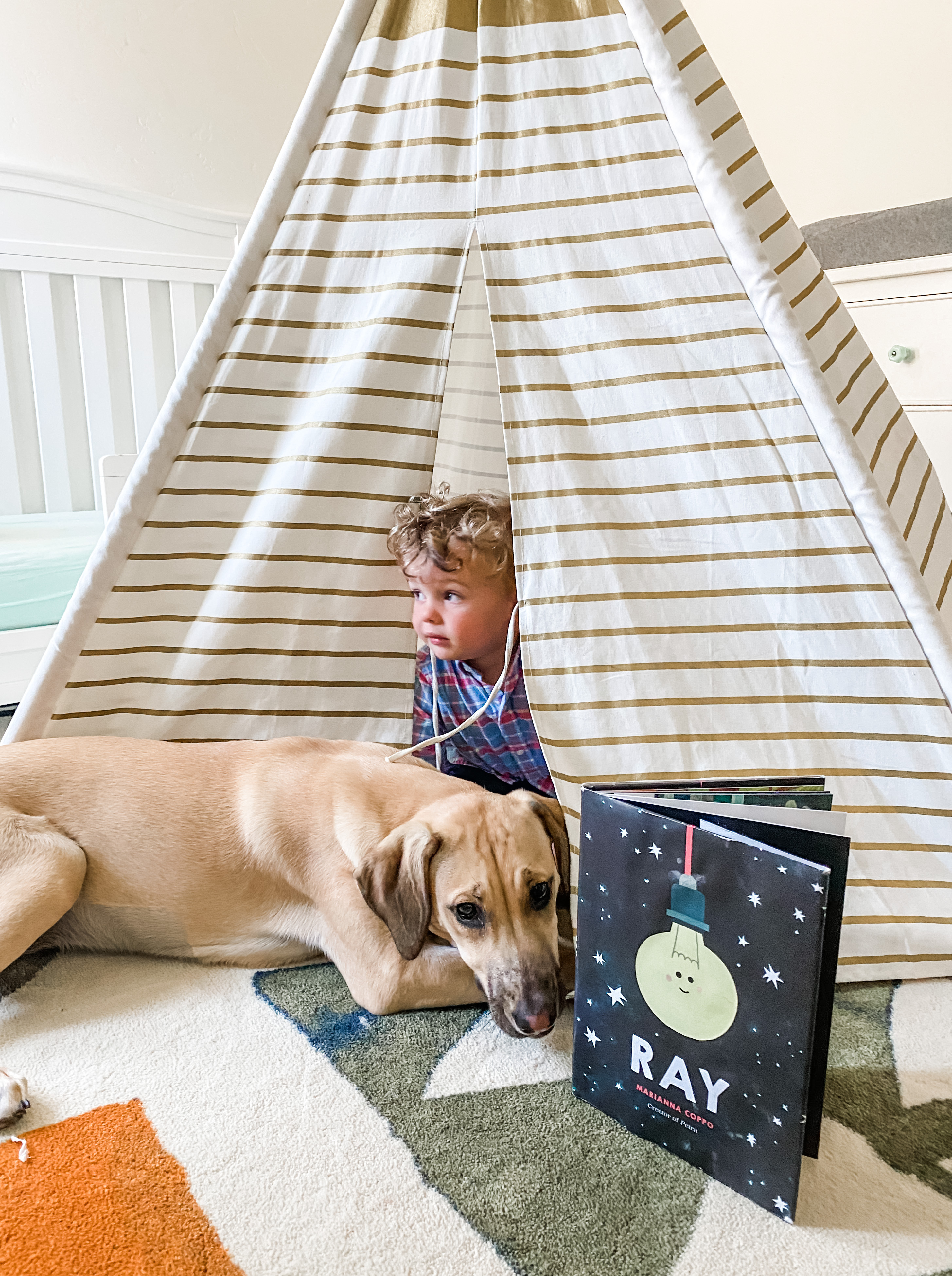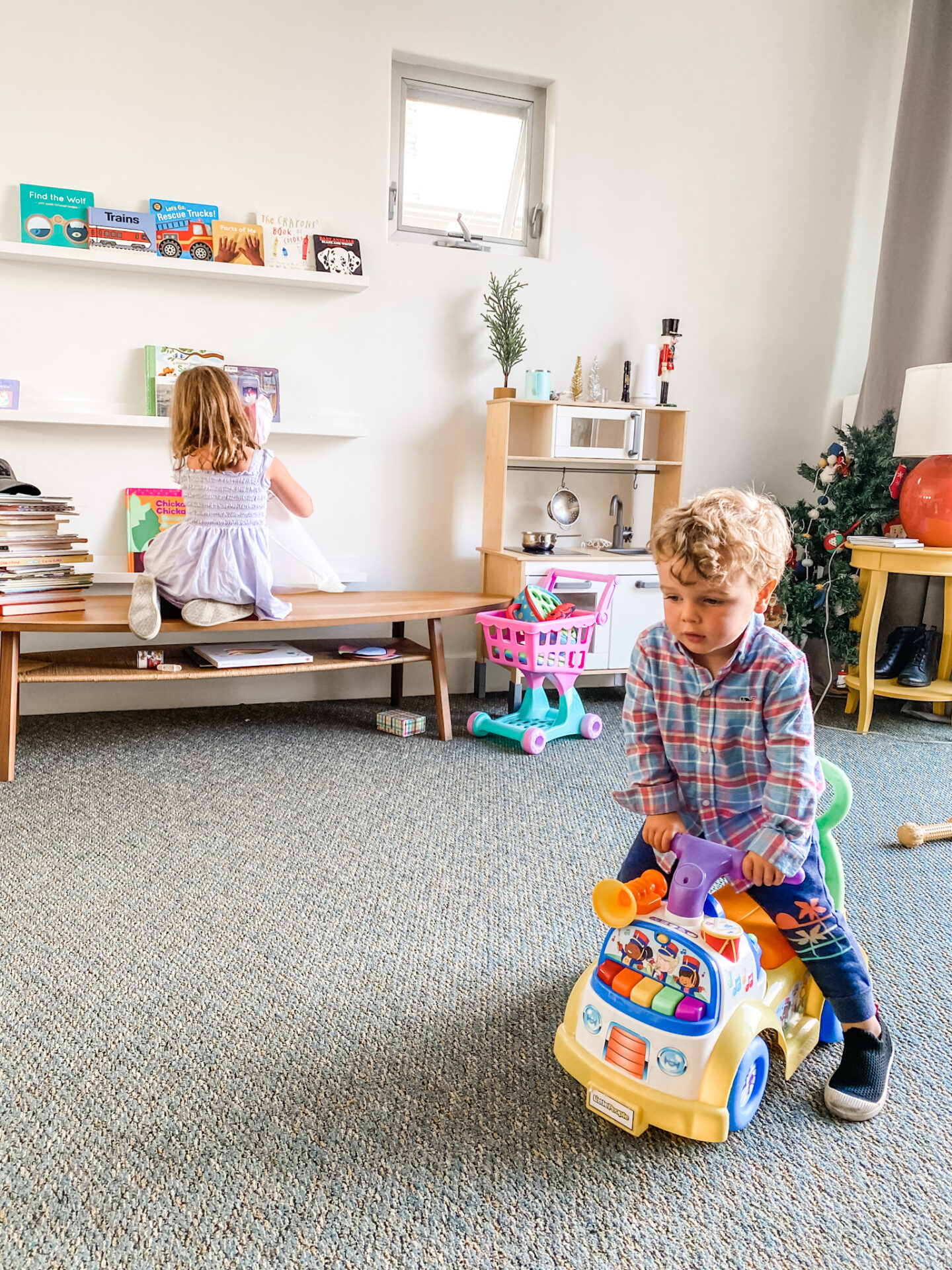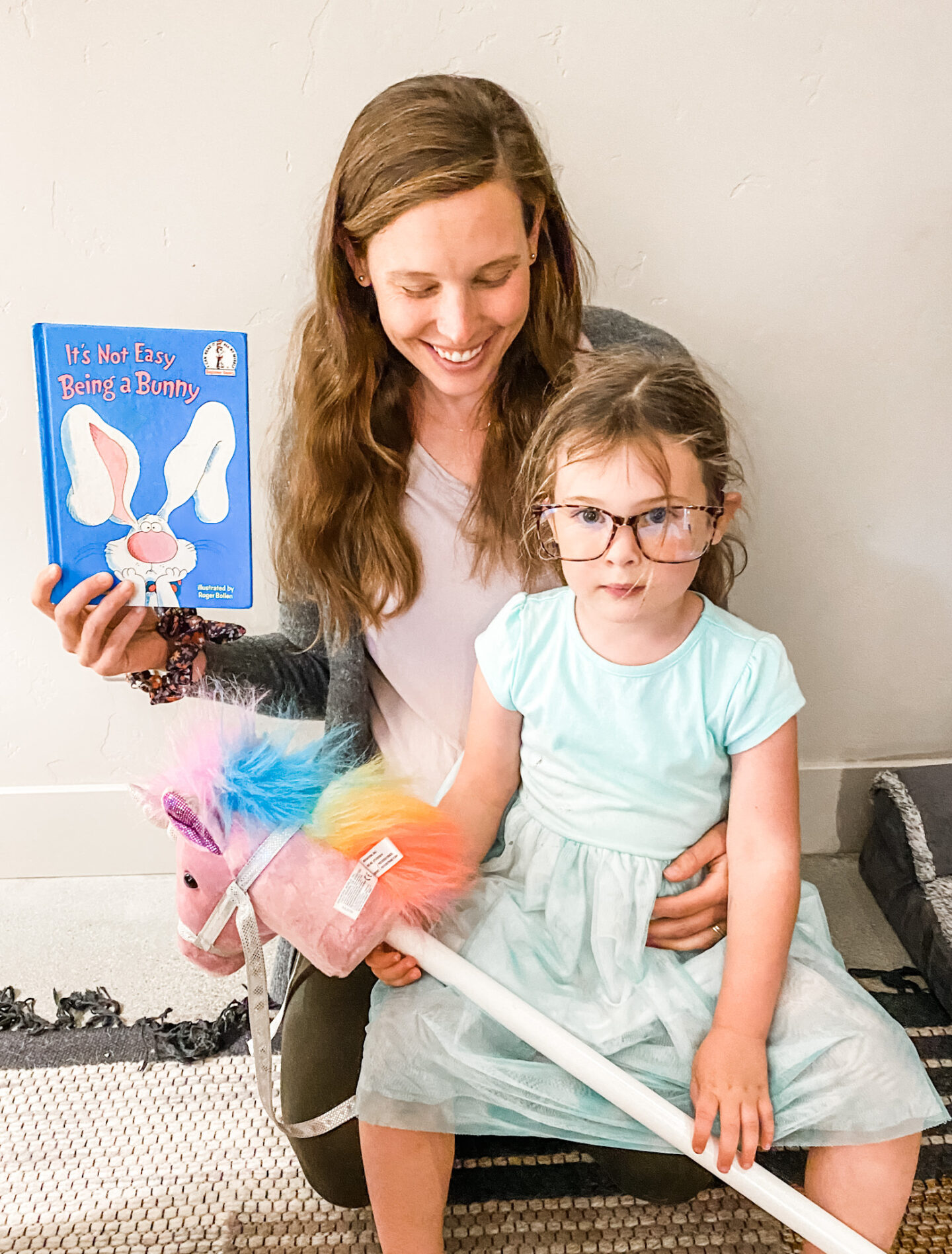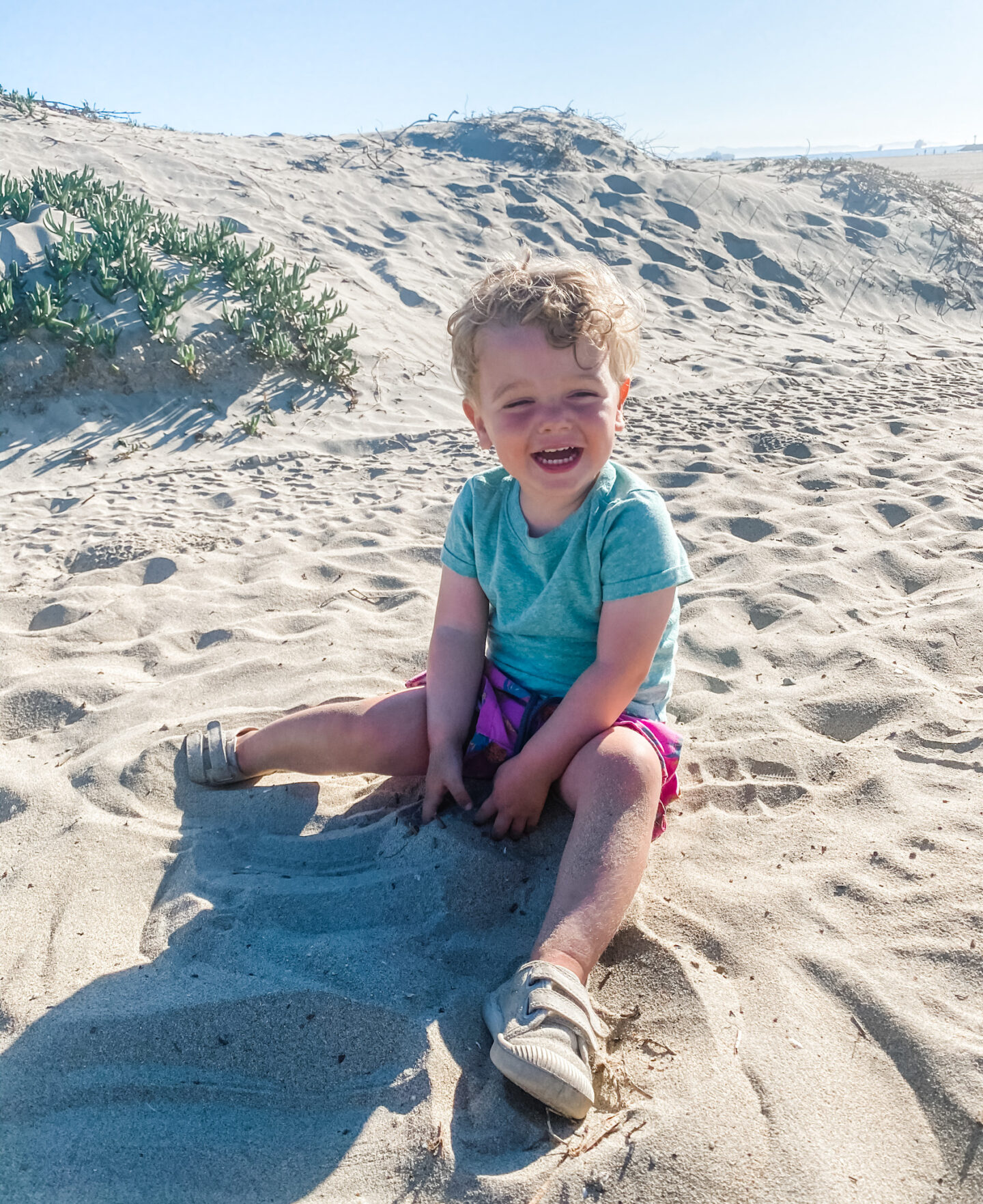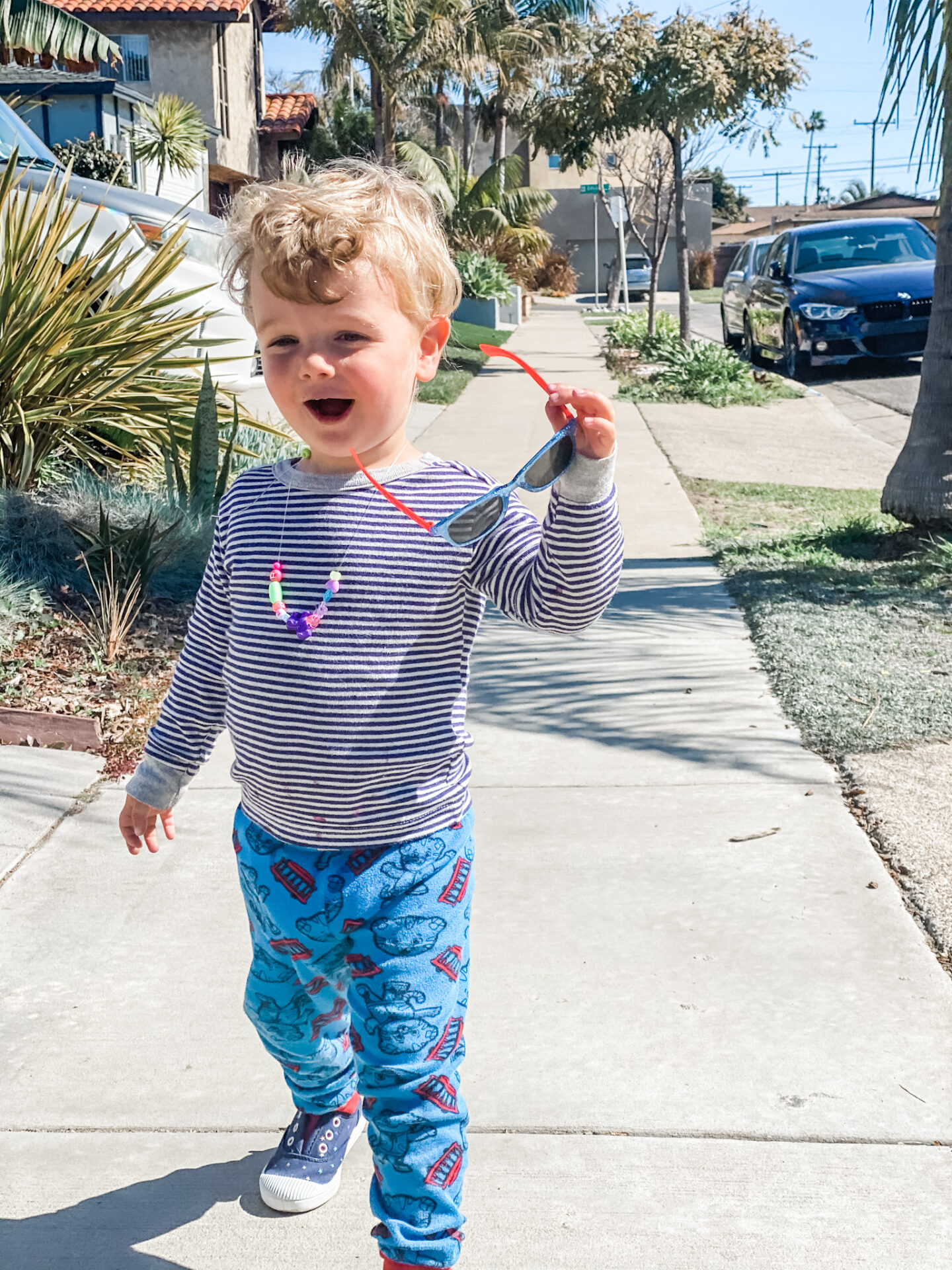A few weeks ago, I threw a very intimate, pandemic-friendly fourth birthday party for my daughter. In an attempt to bring some positivity to what has been, for her, and all of us, a pretty weird year, I poured my heart into party planning. She wanted a princess cake, so I pulled on my big girl apron and made her a pretty epic (albeit quite lopsided) princess cake. She wanted a piñata, so I Pintrested the crap out of homemade piñata ideas, and nearly sliced my finger off making her one. I got princess crafts, an alarmingly fluorescent princess dress, and a bunch of hideous princess jewelry.
And on the day of the party, my daughter had a pretty good time. She squealed in delight at her dress, stuffed herself with cake, and made sure that her guests went home with all of the least impressive pieces of faux jewelry. And, most importantly, she ignored me the entire time.

Going into the party, I wouldn’t have said that I really expected any specific acts of appreciation from her. She’s only four after all, and still needs a lot of prompting when it comes to pleases and thank yous. But when she spent the entire party avoiding my presence, and even going so far as to run from me every time I tried to take a picture with her, or share a bite of her cake, it broke my heart a little.
At the end of the day, her friends left, and she immediately ran to her room to play with her new jewelry box. Alone. I turned to my husband, and asked in near desperation, “do you think she liked it?” To which he replied, “she’s four, and there was cake. I’m pretty sure she liked it.”
It’s probably worth mentioning here that my daughter ignored my husband the entire day as well. And it didn’t phase him in the slightest. Partially because nothing really phases him, but also because he seems to have a more innate understanding of what I later learned from Janet Lansbury about child development and a four-year-old’s capacity to show, or even really understand, appreciation. Spoiler alert: they don’t have much.
Not only that, but my daughter (like many of yours) has been in quarantine for basically a year. Having a party in the backyard (albeit one attended by a mere two friends and their siblings) must have been totally overwhelming for her. It makes complete sense that she was too focused on the activities, the friends, and the sugar high to give two hoots about mom, or the fact that all of the fun she was experiencing hadn’t, in fact, materialized out of thin air.
In short, the fact that she was ignoring me really had nothing at all to do with me, or her opinion of the party, and everything to do with her. And the fact that she’s four.
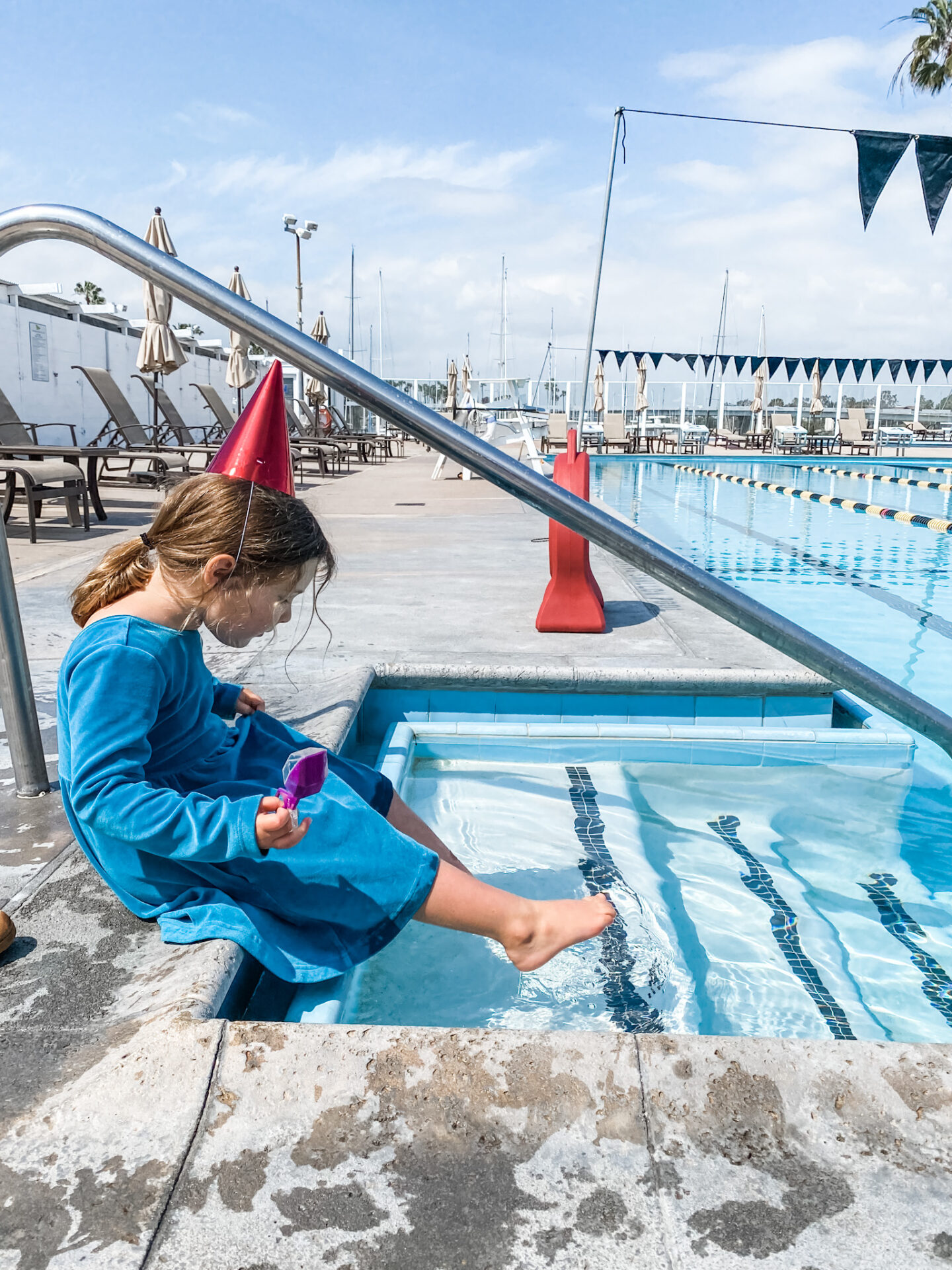
While I am currently a mediocre-cake-and-piñata-making stay-at-home-mom, for the 10 years before that, I was a middle school English teacher. Like a lot of teachers, I was a chronic people pleaser, and I spent most of those ten years looking for approval in all the wrong places. Every year, I taught about 120 teens and pre-teens. A lot of them liked me, and a few of them didn’t. But, every year I found myself spending the majority of my mental energy ruminating on the haters. If a kid didn’t like me, I fixated on it. If their parents didn’t like me, I was panicked. And if a coworker or, god-forbid, an administrator, didn’t like me (or even just one of my beloved bulletin boards), it was devastating.
After about seven years of teaching, I had my first child. And, suddenly, I was too tired to care so much. I still let things get to me, and I still spent many an evening griping about the smallest of slights to a husband who responded with a lot of non-committal “I sees” and “mmm hmms,” but I could already feel a tiny layer of my oversensitivity peeling away.
A few hours after my daughter’s princess party, a friend texted to let me know how much fun she had had eating lopsided cake in our backyard. She also asked how I had made the stupid piñata; a comment which, I’m embarrassed to admit, made me swell with pride. And it was at that moment that the long overdue epiphany really smacked me in the face.
My daughter is four. She is not my boss, or the author of my yearly review. (She can’t even write a legible letter G for god’s sake.) Why was I allowing my sense of accomplishment, and potentially even my self-worth, to hinge on what I perceived to be her evaluation of my parenting, and/or party planning ability? At the end of the day, I cared enough to organize an activity for my daughter. I cleaned the house, and baked a cake, and made my husband finish the piñata after I somehow managed to injure myself in the process. I showed my daughter that she was loved, cared for, and valued, and that alone should have allowed me to rest easy at night.
While it’s oddly tempting to let the erratic and, oftentimes totally insane, ways in which my kids respond to me dictate how I judge myself as a parent, that system doesn’t really work. Because just like I wouldn’t let thirteen-year-old Timmy critique the way I’m teaching parallel structure (I’m really good at teaching parallel structure by the way), I also shouldn’t let my daughter’s mild dissatisfaction shake my confidence in my parenting choices.
As my kids get older, they’re going to continue to have a lot of opinions, as well as infuriatingly apathetic non-opinions, on the ways in which my husband and I choose to parent them. Throughout our time together, I have no doubt that they will provide me with a lot of feedback on what they liked, and, probably more often, what they didn’t. And while I, and most professional adults, have been trained to value, and even solicit, constructive feedback, we really have to remember to trust ourselves as well.
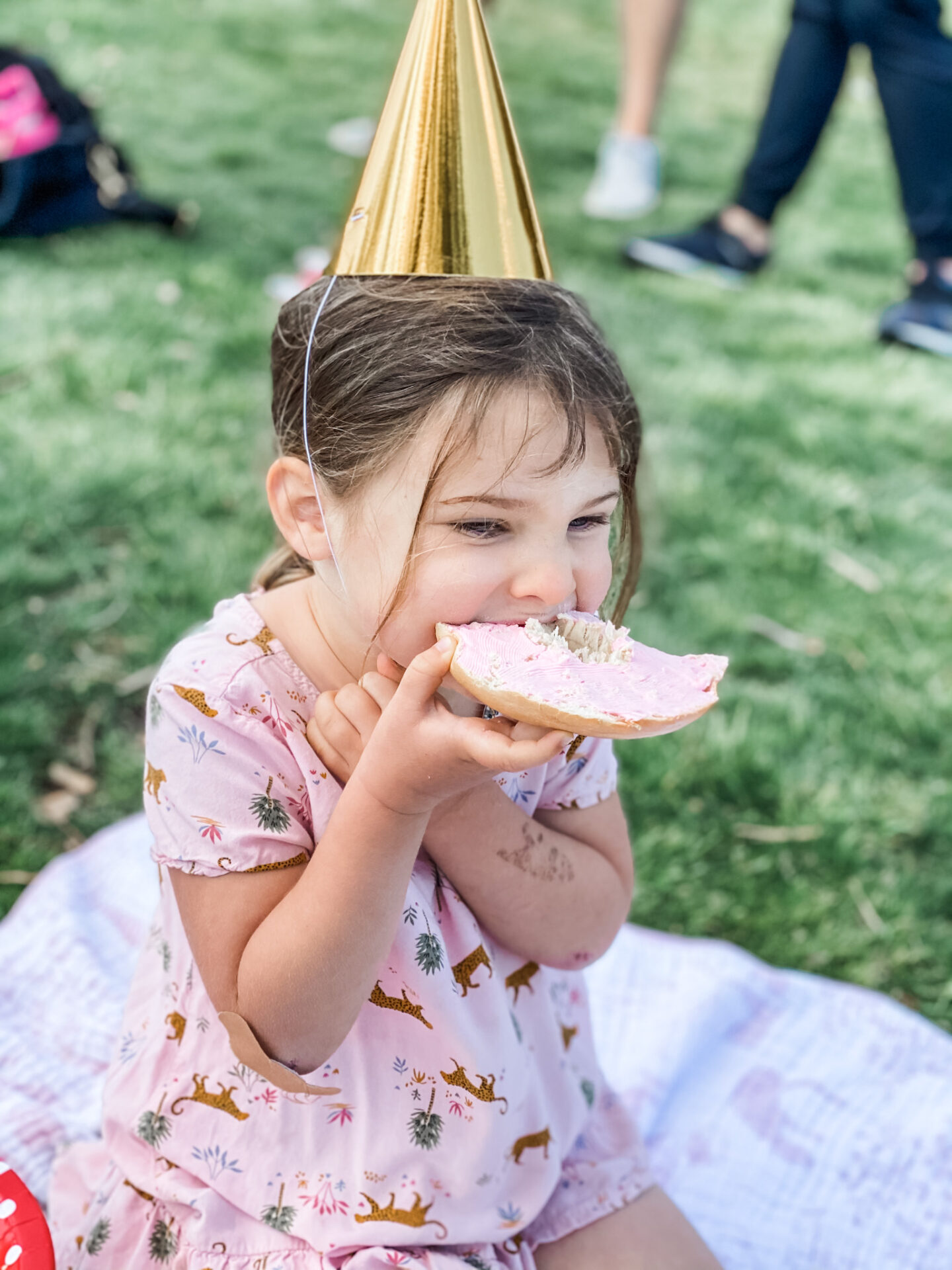
So, as I sit here planning my younger son’s second birthday party, I feel buoyed by the fact that I have finally given myself the freedom to care less about what others may think, and more about what I know is best. Because even if my son ends up being allergic to one of the animals at the petting zoo, or decides at the final hour that he actually wanted a pony cake, instead of a construction one, my own evaluation of the thought, effort, and love that I put in to caring for him on his birthday, and everyday, is really what matters most.
